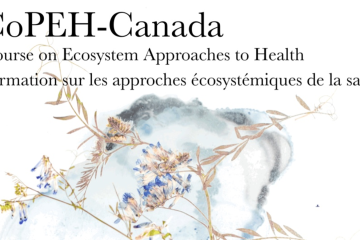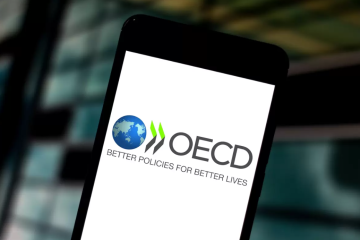Effects of Contaminants on Hormone Regulation and Energy Metabolism in Birds
Join the team of our member Jonathan Verreault.
Project Description
Wild birds are continuously exposed in their ecosystem to a multitude of organic contaminants commonly used in our consumer products. These contaminants include many flame retardants (e.g., electronics, upholstered furniture, textiles, etc.) and fluorinated surfactants such as the per- and poly-fluoroalkyl substances (e.g., stain repellants, food packaging, fire fighting foams, etc.). Exposure to some of these contaminants has been shown to cause toxic effects on
hormone regulation, energy expenditure and lipid metabolism in animals. However, there is a critical dearth of knowledge regarding the effects of these priority contaminants on wildlife, especially in birds that inhabit heavily polluted ecosystems in urban areas. This doctoral project will attempt to remediate for this lack of information by studying the abundant populations of ring-billed gulls that nest in the St. Lawrence River near the Montreal region. The objective of this project will be to study the effects and the mechanisms of toxicity of these contaminants on
the regulation of thyroid hormones and glucocorticoids, energy expenditure and lipid composition of gulls exposed in their natural habitat compared to an avian model in the laboratory (e.g., chicken). This multidisciplinary project will use a high-resolution biotelemetry technique in the field (GPS and accelerometer) and advanced laboratory tools in ecotoxicology and animal physiology (e.g., genomics, lipidomics, and bioenergetics).
Additional Information
PhD project starting in January 2022
–Requirements: Master’s degree (MSc) in biology, biochemistry or in a relevant discipline completed by December 31st 2021.
–Assets: Knowledge in ecotoxicology, animal physiology and/or spatial ecology.
-Competitive doctoral scholarship provided for a period of 4 years.
-Laboratory and field work.
To Apply
Send you CV and trascripts (BSc and MSc) by email to:
Département des sciences biologiques, Université du Québec à Montréal
Apply by August 30th 2021


